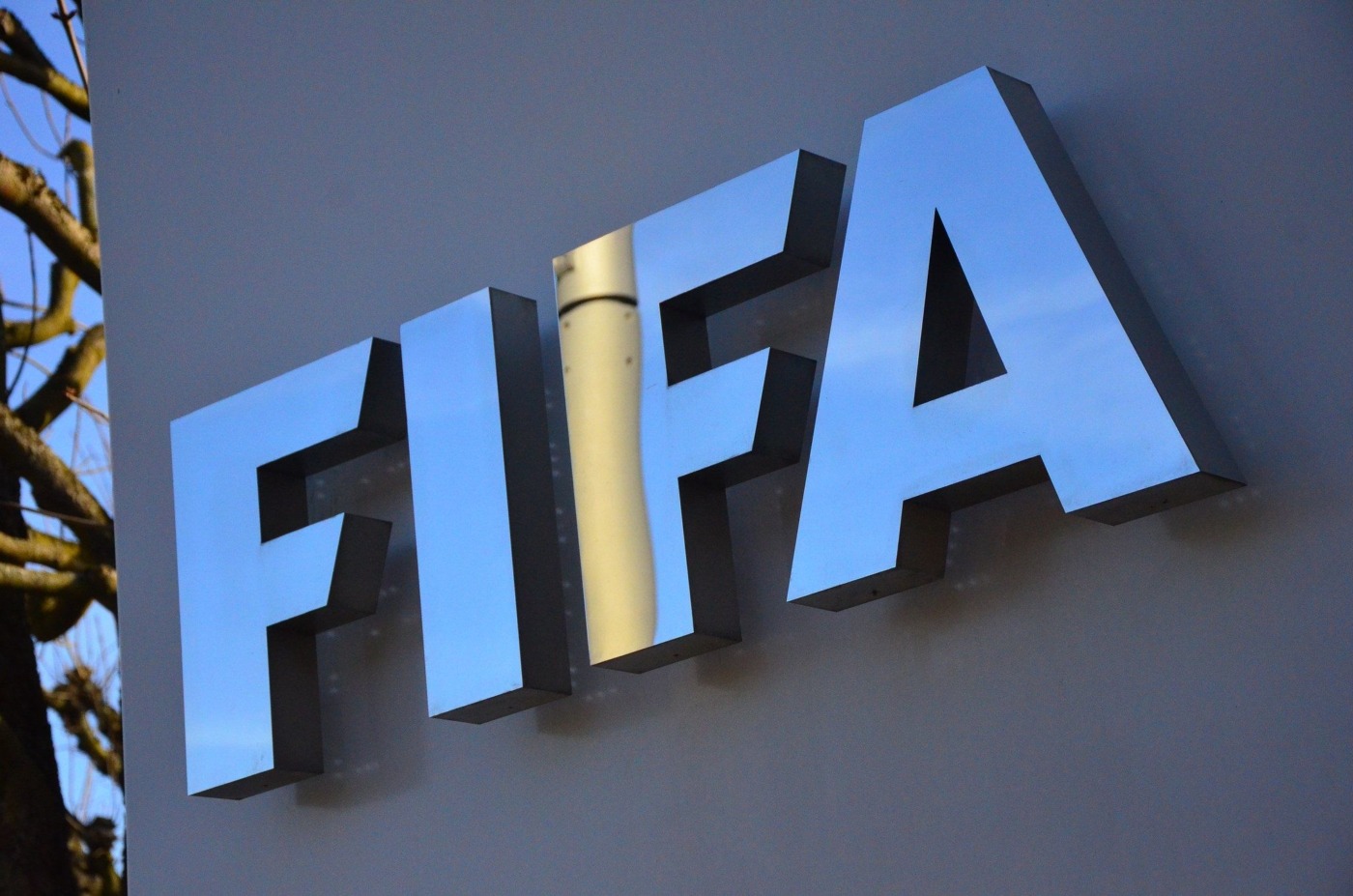Will 2019 be the year of the breakaway competition?
The Olympic swimming champion Adam Peaty has been making waves, but this time, he’s out of the water. There’s controversy in the swimming world, as the world governing body FINA has threatened to prevent swimmers who raced in the new International Swimming League (ISL) from competing in next year’s World Championships – an inaugural breakaway event was due to take place in Italy this month, but cancelled after the threat. This has led to a strained relationship between athletes and FINA, with talks ongoing.
During this year’s UK Championship, Ronnie O’Sullivan discussed plans to form a new Champions League-style competition
Peaty is far from the only sportsperson as of late to be embroiled in a situation like this. During this year’s UK Championship, Ronnie O’Sullivan discussed plans to form a new Champions League-style competition, featuring an elite of top players. This prompted a new contract which required the world’s leading 128 players to participate in an increasing number of tournaments – although they can sit out any they wish, doing so would impact on their ranking position. O’Sullivan feels that the growing spread of competitions would lead to an inevitable decrease in quality, as the players grew exhausted.
The idea of a breakaway is also being explored in the football world. Real Madrid President Florentino Perez – his idea is that Europe’s biggest clubs will play each other in a 16-club tournament, a European Super League. This is, in part, linked to a feeling among the big clubs that they don’t play each other often enough – Barcelona and Bayern Munich have not played a match against each other in nearly four years, for example.
The sports and their governing bodies need the big names to draw people in
The reactions of the governing bodies have essentially been the same across the three sports – they’ve laughed it off, telling the sportspeople that they can have their fun, but that there’s no serious risk of such breakaway leagues actually forming. They are hampered by the repute that the players have, and the sportspeople are aware of this. Peaty stated that he’s not bothered by the prospect of a ban because, ‘at the end of the day, they know they can’t’ – the sports and their governing bodies need the big names to draw people in. They’ve also been quite heavy-handed with their threats – FIFA has threatened to expel clubs from its existing tournaments and ban any players participating from the World Cup.
There are two big issues at the heart of these battles – respect, and money. FINA’s Champion Swim Series offers a prize fund of about £4 million (as opposed to at least £10 million and further incentives in the ISL), but what about money linked to sponsorship and advertising? Peaty said that ‘£4 million in prize is nothing in terms of what [FINA will] make off that league – they’ll make much more. We need transparency and 50-50 split of the profits.’ He noted that people drop out of swimming because of a lack of funding, which really impacts on players – the Swedish Olympic champion Sarah Sjostrom has spoken of swimmers who ‘can’t even pay their rent’ and ‘Olympic swimmers who have to rely on their parents.’
it’s possible that they may simply be plans to push the governing bodies to remodel their tournaments or change the way that run the sport
It’s a similar case in football – the BBC football writer Andy West said: ‘UEFA don’t want anything to do with [the breakaway league] because the Champions League does very nicely for them. The clubs, if they break away and set up their own competition… they would not only have the revenue of playing each other, but they control that revenue because they would organise that league.’
Now, it would be simple to dismiss these ideas as pie-in-the-sky thinking, and it’s possible that they may simply be plans to push the governing bodies to remodel their tournaments or change the way that run the sport – in a way, a giant but well-considered bluff. That’s not to say that it couldn’t happen, however – in the 1990s, darts players were so discontented by the inability of the British Darts Organisation to reverse a decline in TV coverage, the top 16 ranked players broke away and formed their own organisation, the World Darts Council. The two units still exist today, proving that it is possible where there is a will.
Sports are only as good or as popular as the sportspeople who take part in them, and they deserve to be treated as equals in this partnership
Of course, a key issue is the overreach and dominance of the governing bodies, and the cut they take. Konstantin Grigorishin, an ISL backer, has joined with three swimmers in launching legal action against FINA in the USA, relating the body’s monopoly of the sport. He said: ‘We can coexist with FINA and respect each other if they understand that their role is that of a regulator of rules, not people. And they need to understand that athletes deserve their fair share of all revenues they generate as the stars.’
It’s likelier that we’ll see this breakaway in swimming than in snooker or football, but that doesn’t mean that the governing bodies of all three shouldn’t sit up and listen. Sports are only as good or as popular as the sportspeople who take part in them, and they deserve to be treated as equals in this partnership – in the end, they truly have the power here. If an athlete is losing out by taking part in tournaments or doesn’t feel as though their concerns are being listened to, is it any wonder that they would start to look elsewhere?

Comments
Comments are closed here.